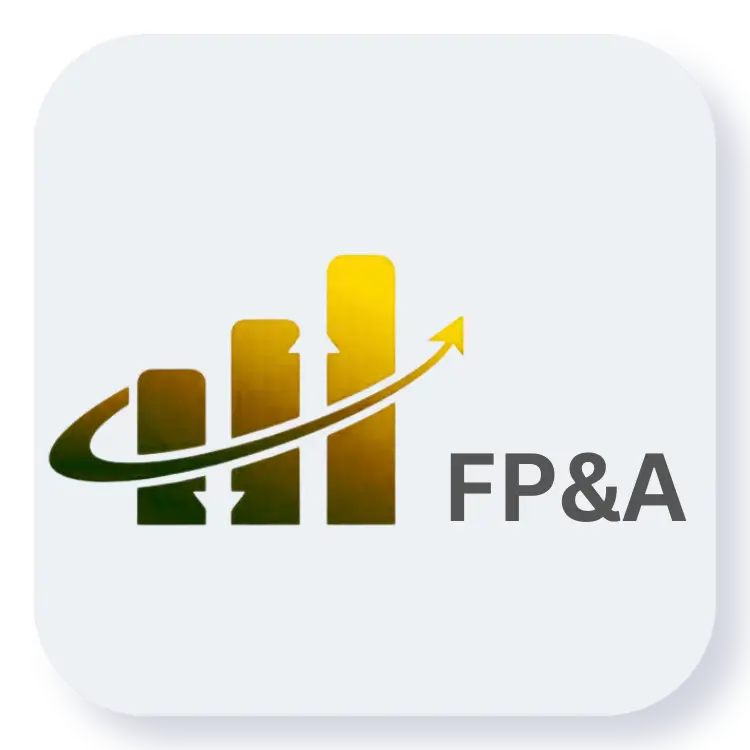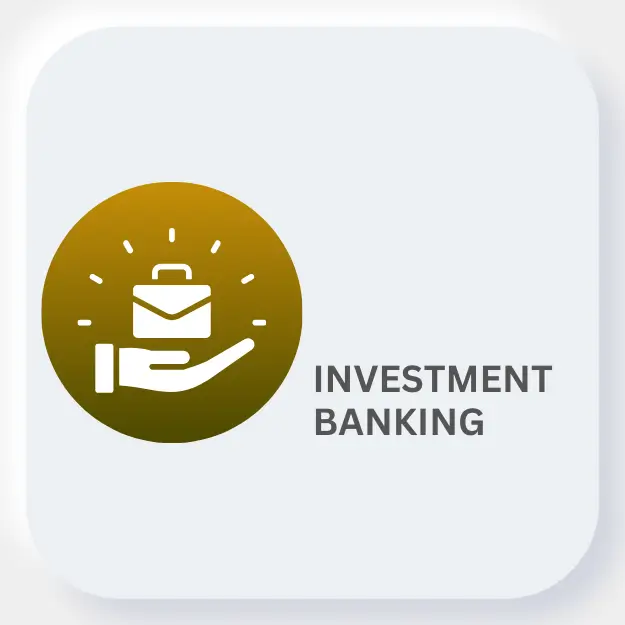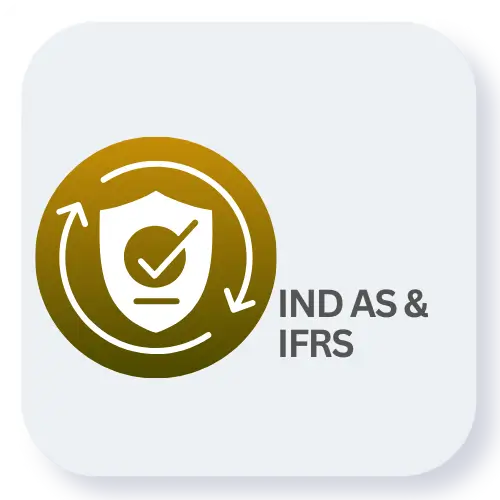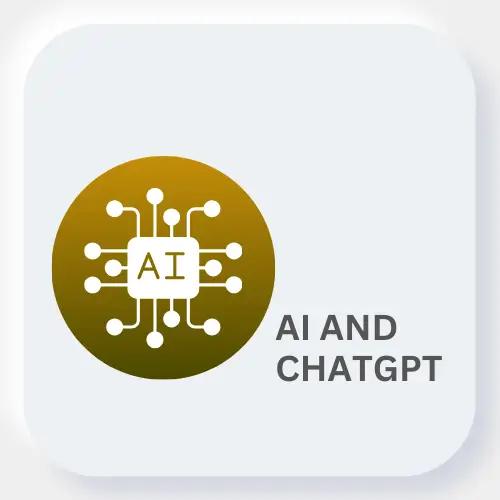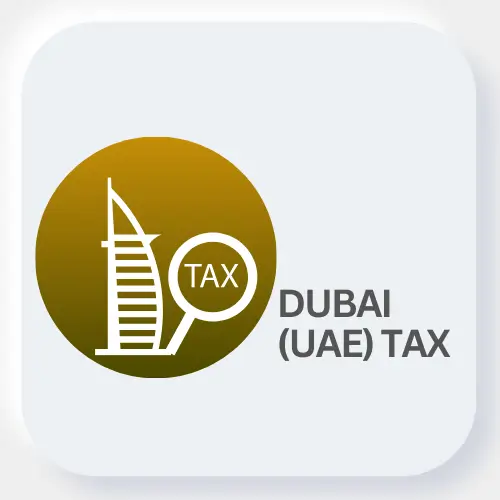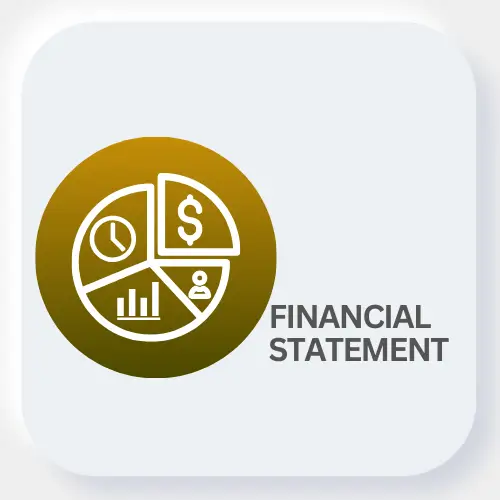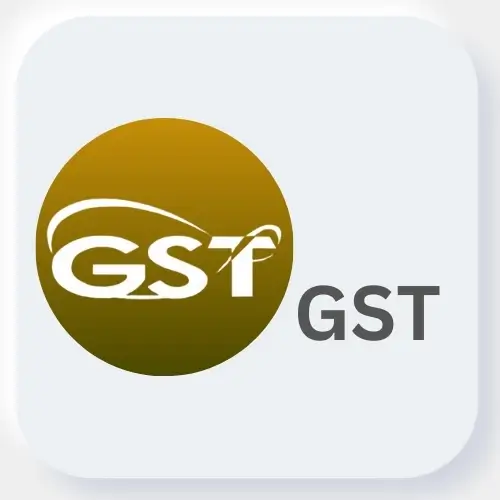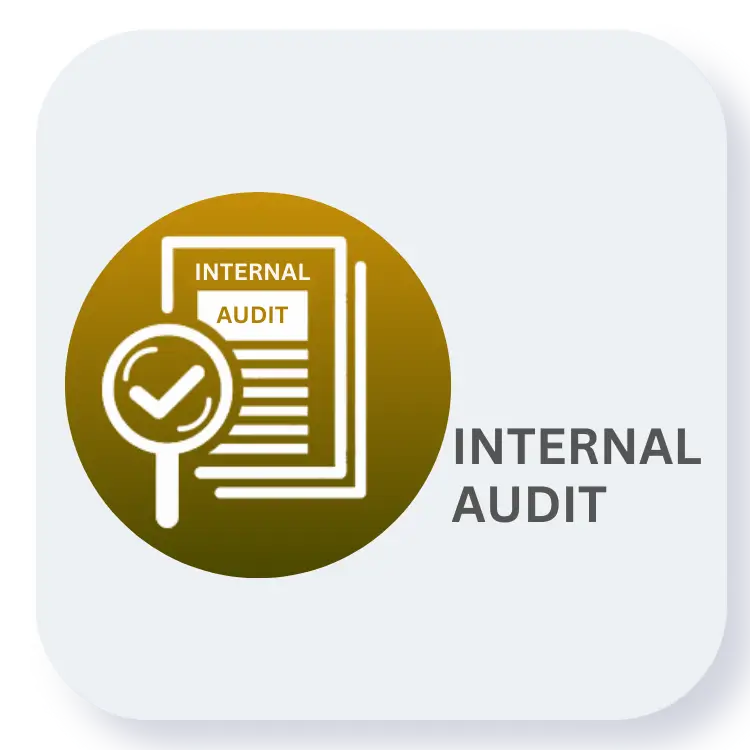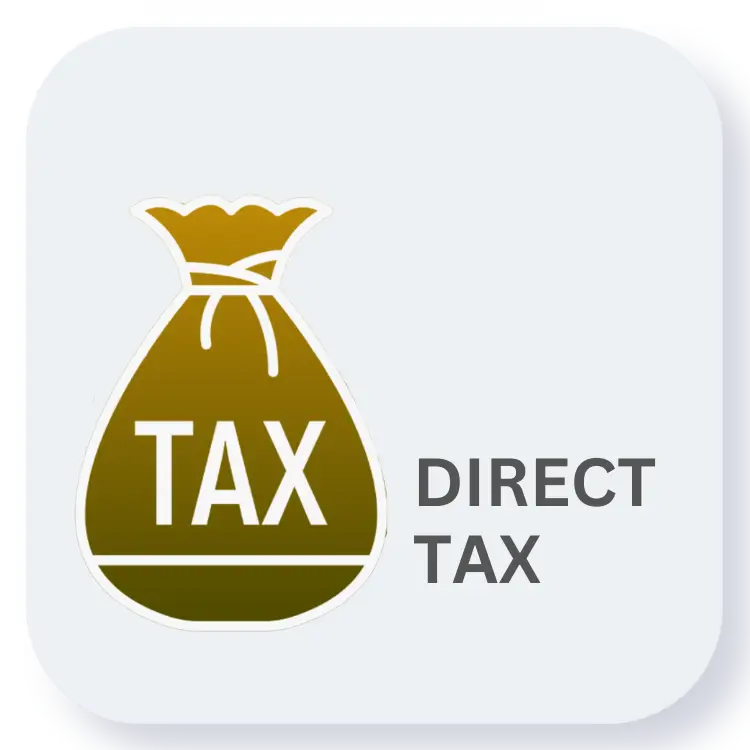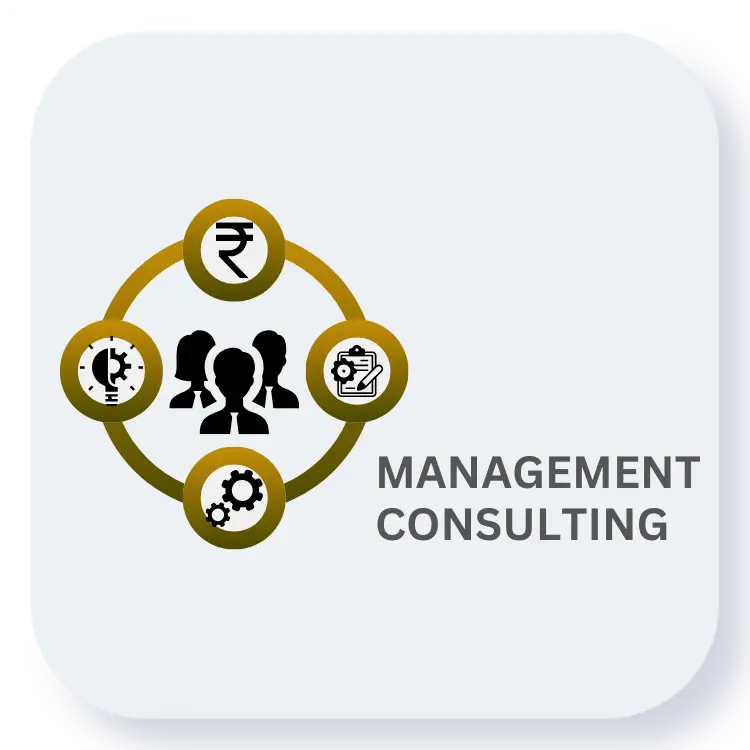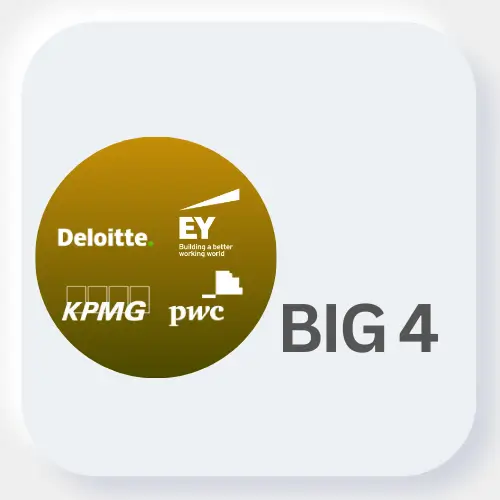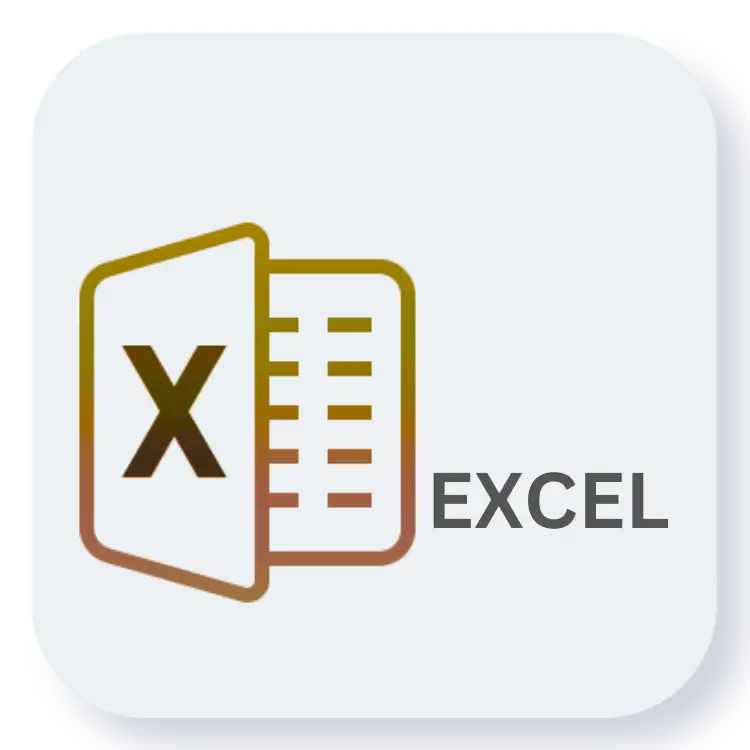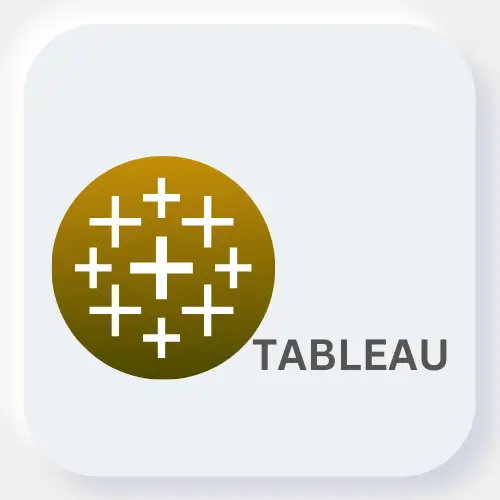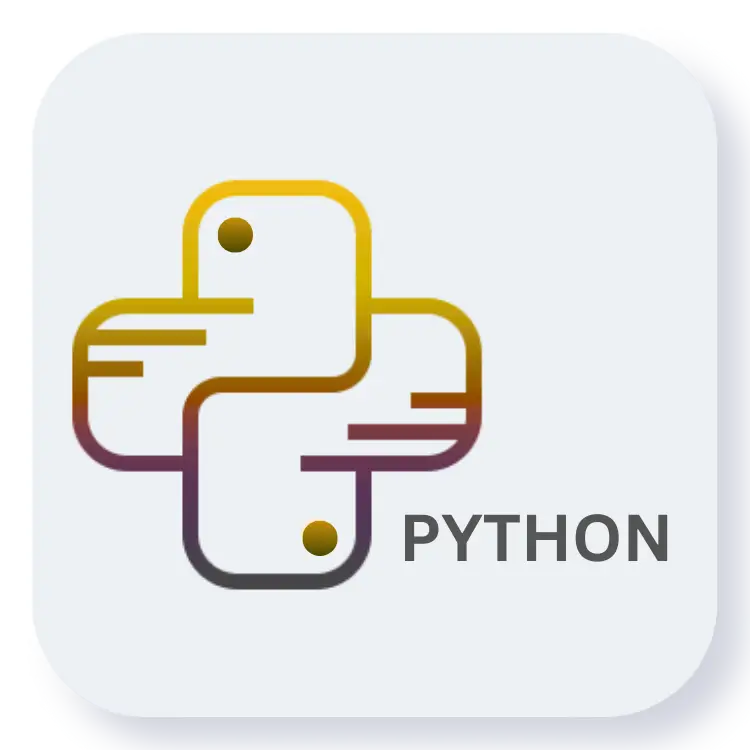Introduction: Why Python is Becoming Essential for Every Chartered Accountant
Gone are the days when being a Chartered Accountant meant just knowing debits, credits, and taxes. Today,
if you’re aiming for CA jobs in India, especially with a dream of cracking a Big 4 interview, then
mastering programming - especially Python, isn't optional, it’s essential.
Python is now at the core of every tech-savvy chartered accountant’s toolkit. From automation of tax
workflows to financial analytics and audit sampling, Python helps you go beyond Excel.
That’s exactly why most Big 4 firms now include Python interview questions in their interview
preparation process for CAs.
Whether you're just starting your career or you're a qualified chartered accountant transitioning into a
tech-enabled finance role, strong Python skills can open doors to the best CA jobs in India.
You’re not just competing with other finance professionals-you’re being assessed for how well you
understand programming, data handling, and how you can apply Python in real-time decision-making.
Checkout Our Course:
Python & SQL MasterClass
What is Python and Why Should Chartered Accountants Learn It?
1. What is Python, and how does it benefit CAs?
Python is an open-source programming language. For a chartered accountant, Python is a game-changer.
- Financial Data Analysis: With Python libraries like Pandas, CAs can analyze
massive data sets
faster than
Excel.
- Taxation Automation: Automate GSTR filings, reconciliations, and more.
- Audit Trail Management: Python scripts can detect anomalies and automate
sampling.
- Forecasting Models: Build models using historical financial data for
decision-making.
That’s why every serious interview preparation plan now includes brushing up on Python interview
questions, especially if you're eyeing Big 4 firms or other top-tier CA jobs in India.
2. How is Python different from Excel for Financial
modeling?
MS Excel is
like a scooter, easy to ride, great for short trips. But it struggles on highways.
But, python is like a turbocharged car that takes a bit to learn driving, but once you're on the
road, it handles speed, traffic, and long distances like a pro. From big data to full-blown
automation, Python can handle everything.
When it comes to scaling financial models or automating tax reports, Python beats Excel every time.
That’s why interviewers for CA jobs in India often ask candidates to compare these tools during the
interview preparation stage.
Also Read:
Choosing the Right Path: Career Options After BCom in 2024
Basic Python Interview Questions for Chartered Accountants
If you're heading into an interview at a Big 4 firm or for any top CA jobs in India, expect at least a
few core Python interview questions. These test not only your understanding of programming basics but
also how you can apply them in your daily work as a chartered accountant.
Here are some of the most common Python interview questions that pop up during interview preparation:
1. Python Basics for Freshers
- Is Python a compiled or interpreted language?
- What is a dynamically typed language?
- Why is indentation compulsory in Python?
- What are built-in data types in Python?
- Difference between mutable and immutable data types in Python?
- What is variable scope in Python?
- How to floor a number in Python?
- What is the difference between / and // in Python?
- For loop vs while loop - how do they differ in Python?
These basic questions might look simple, but in a Big 4 interview, your ability to explain them in a
finance context is what matters. Good interview preparation means practicing these in Python notebooks,
not just memorizing answers.
2. Python Functions & Control Flow
- Can a function be passed as an argument?
- Explain break, continue, and pass statements.
- How are arguments passed in Python: by value or reference?
- What’s a lambda function? When should a CA use it?
Again, remember: they’re testing how well you can integrate programming with accounting tasks.
Want to impress the Big 4 panel? Use real-world examples from tax or audit work in your answers.
3. Data Structures & Comprehension
- List vs Dictionary – which one’s better for ledgers?
- What is list comprehension? How can it automate reconciliation?
- *args vs **kwargs – explain with a GST-related script.
- Set vs Dictionary – which to use for transaction IDs?
- How to concatenate lists in Python?
In CA jobs in India, especially in data-heavy roles, you’ll constantly use these structures.
That’s why these are Python interview questions you simply can’t skip during interview preparation.
4. Documentation & Exception Handling
- What is a docstring?
- How is exception handling implemented in Python?
- Difference between arrays and lists in Python?
- What are modules and packages in Python?
Don’t just read these—practice writing them.
The Big 4 isn’t hiring coders—they’re hiring smart chartered accountants who know how to use programming
to solve real business problems.
Intermediate Python Interview Questions for Chartered Accountants
As a chartered accountant preparing for your dream role at a Big 4 firm or exploring premium CA jobs in
India, knowing Python basics isn’t enough. Interviewers will often move from “What is a list?” to “Write
a function that scans and reconciles ledger entries.” That’s where interview preparation gets real-and
deep.
These Python interview questions will test how well you understand programming logic and apply it in a
real-world financial context.
1. Object-Oriented Programming (OOP) in Python
- What is Object Oriented Programming in Python?
- Define class and object with an example related to taxation.
- What is __init__() and why is it important?
- Difference between @classmethod, @staticmethod, and instance methods.
- What is inheritance? Give an example using balance sheets or ledger classes.
- What is encapsulation and how does it apply to financial data protection?
In a Big 4 interview, don’t just define these. Tie them to how a chartered accountant might use classes
to model financial reports, automate billing cycles, or create reusable modules for audit sampling.
2. File Handling and Data Analysis
- How do you read and write files in Python?
- Difference between read(), readline(), and readlines().
- What is the use of the with statement?
- How can Python be used to clean financial data from CSVs?
- Which Python libraries help with Excel file handling?
Interviewers may ask you to write a Python snippet that opens a CSV of GSTR records and filters out B2C
transactions. If you're targeting CA jobs in India that demand automation, you need to confidently show
how programming fits into a CA’s workday.
3. Libraries Every CA Should Know for Interview Preparation
- Pandas cleans your books
- NumPy does the math
- Matplotlib & Seaborn make your audits look sexy
- Openpyxl rules Excel from the shadows
- Requests fetches live data like Jugaad on steroids
With these Python sidekicks, every Chartered Accountant is ready to slay Big 4 interviews, ace
programming, and level up in CA jobs in India.
Every Big 4 recruiter knows that a chartered accountant who understands these libraries can drastically
improve efficiency through programming. That’s why top interview preparation plans focus on these tools.
4. Data Frames and Advanced Queries
- What is a DataFrame in Pandas?
- How do you filter rows and columns based on conditions?
- What’s the difference between .loc[] and .iloc[]?
- How do you merge multiple DataFrames?
- Write a Python query to filter transactions above ₹50,000 but below ₹1,00,000.
When you're applying for CA jobs in India that include tech stacks or data roles, these questions become
make-or-break. Strong answers here signal that you're not just a finance person-you’re a chartered
accountant who can code your way through audits.
5. Regex, APIs, and Automation
- What is Regex and why is it useful in tax filings?
- Write a Regex to extract GSTIN numbers from text.
- What are APIs? How can CAs use them for automation?
- How do you send an automated email using Python?
CAs in Big 4 roles often write Python scripts that pull invoice data from Gmail, validate them using
APIs, and generate reports. If that’s the kind of work you want to do, make programming your power tool.
Bonus: Real-Life Python Projects for Chartered Accountants
- GST Filing Bot: Upload JSONs, reconcile errors, auto-generate reports.
- Expense Tracker: Track and categorize monthly firm expenses.
- Automated Email Audit Reports: Fetch trial balance and send PDFs daily.
- PAN/GSTIN Verifier: Pull client PAN data and cross-check via API.
Working on these will naturally prepare you for 90% of the Python interview questions asked in
tech-focused CA interviews.
Also Read:
Essential Skills for a Successful Chartered Accountant in 2024: A Comprehensive Guide
Advanced Python Projects and Final Interview Tips for Chartered Accountants
By now, you’re no longer just learning Python - you're wielding it like a CA with a tech edge. Whether
it’s EY, Deloitte, KPMG, PwC, or an Indian startup looking for hybrid financial talent, your value
shoots up when you pair core accounting with actual programming skills.
Here’s how to stand out with the right Python interview preparation.
1. Advanced Python Projects for Chartered Accountants
If you want your resume to scream “I’m not your average CA,” then bring in real, automated,
Python-powered solutions. These projects reflect exactly what the Big 4 and top recruiters are
hunting
for.
Project 1: Audit Trail Generator
Description: Extracts and logs changes in financial records over time.
Uses: Helps in forensic accounting and tax litigation defense.
Interview Angle: "I built this to comply with MCA's audit trail mandate using
Python
and Pandas."
Project 2: Real-Time Tax Dashboard using Python + Flask
Description: Pulls GST, income tax slabs, or stock prices from government APIs.
Uses: Makes compliance dashboards for CA firms and clients.
Interview Tip: Mention how you integrated API calls using requests and
visualized
data with Plotly.
Project 3: Invoice Reconciliation Tool
Description: Compares GSTR-2B with purchase register data.
Keywords Hit: “Python interview questions”, “CA jobs in India”, “chartered
accountant”, “programming”
Pro tip: Bring a small demo to the interview or GitHub link.
Project 4: WhatsApp-Based Query Bot for Clients
Description: Uses Twilio API + Python to answer client FAQs automatically.
Use: Saves time during tax season.
Edge: Adds a “tech-first mindset” badge to your Big 4 interview profile.
2. Case Study: CA + Programming = Power Combo
Let’s take a real-world scenario:
An audit manager at a Big 4 is handling 30 clients’ books. Each one
sends trial balances in different formats.
Old way? Manually clean, standardize, import.
New way? You write a Python script to automatically read Excel files, standardize column names,
filter ledger heads, and email results.
In interviews, talk about how your programming skills saved hours-because CA jobs in India today
demand automation, not just manual reconciliation.
3. Final Interview Preparation Tips for Python-Powered CA
Roles
Keep It CA-Relevant:
Always tie your Python answers to a CA use-case:
“I created a web scraper.”
“I created a web scraper that extracts IT department updates to alert my team.”
Expect Whiteboard Questions:
You may be asked to solve Python interview questions live:
- Write a script to calculate depreciation (SLM/WDV)
- Create a cash flow analyzer using dicts/lists
- Generate balance sheet summary from journal entries
Don’t Fake It:
They can spot when you’ve memorized answers. Practice on Jupyter, Replit, or VS Code. Build
confidence with mini mock questions.
Show Your GitHub:
A GitHub link with your Python-finance scripts is gold. Even one repo titled
Audit_Automation_Tool.py makes you look like a rare gem in chartered accountant
hiring pools.
Final Words
The intersection of chartered accountant expertise and Python programming is not the future-it’s the
present. The Big 4 aren’t just hiring finance experts anymore. They're hiring problem-solvers who speak
both debit-credit and if-else.
So whether you’re applying for CA jobs in India or dream of international roles with automation exposure,
your interview preparation needs this hybrid edge. And now, you have it.
Check out our free resources:
Free interview resources
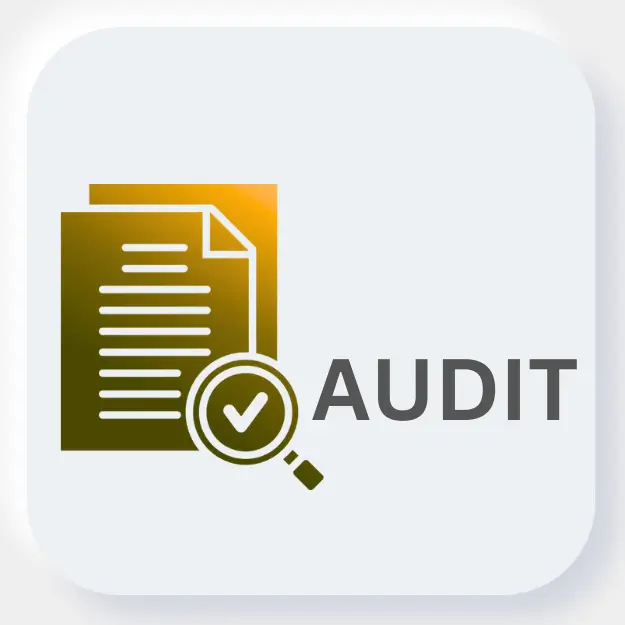
.webp)
